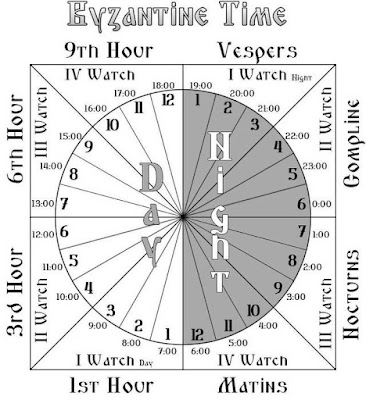A trope is a theme or motif, and the Winchester Troper was named that because it includes different musical styles or motifs. The Winchester Trooper actually refers to two manuscripts of liturgical plainchant and polyphony, although the two manuscripts are not exactly connected; that is, they are not two parts of the same collection, just two manuscripts of the same type of music.
The music is in two forms: liturgical plainchant and two-voice polyphony. Plainchant (or plainsong) is simply a collection of chants used in the Western European Catholic Church, in which all singers follow the same tune. It was the primary type of Christian liturgical music until the development of polyphony in the 9th century, when two or more singers would harmonize. The Winchester Troper's examples of polyphony are for two voices.
As usual with many early manuscripts, authorship is unknown. A person once connected with scribing the Troper, but now determined to have been dead by the time the Troper was put together, was a character called Wulfstan the Cantor. I'll tell you more about him tomorrow.
If you would like to hear a sample of music from the Winchester Troper, click here.

